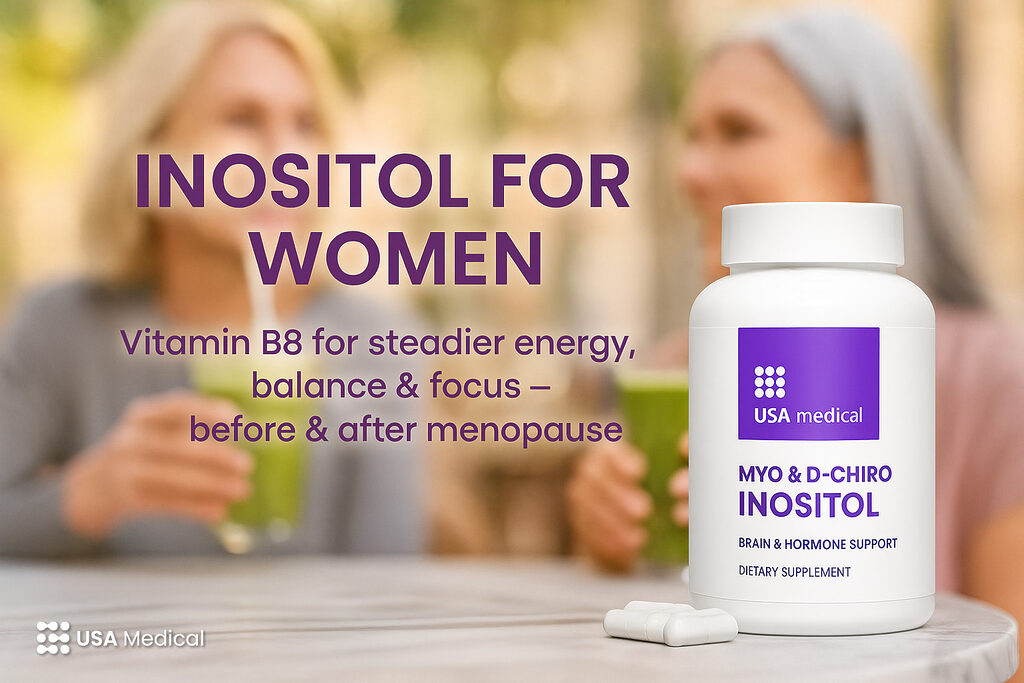
Inositol for Women: How Vitamin B8 Supports Women’s Health Before & After Menopause
If you want steadier energy, more regular rhythms, and a
By Jake Crossman (CNC-NASM), Nutrition Specialist; Holistic Health Coach; Managing Partner, USA Medical

As the new year begins, many resolutions focus on improving physical and mental well-being, fostering personal growth, and enhancing overall quality of life. In 2023 and 2024, mental health took center stage, driving more people to seek alternative approaches to self-care and wellness.
The health and wellness industry continues to grow in 2025, with several trends gaining prominence among health-conscious individuals. Here are five trends set to shape the year and beyond.
While we may not be able to eliminate stress from our lives, we can reduce its impact and learn to respond to it in healthier ways.
Mental well-being is increasingly recognized as an integral part of overall health, making stress management a key focus. Chronic stress, anxiety, and mental health challenges significantly affect our physical well-being, so prioritizing mental and emotional peace is essential.
Focusing on stress-reducing lifestyle changes can have a profound impact on your body’s overall health.
The rise of remote work has driven the popularity of fitness apps. These apps allow users to exercise at home without needing a gym membership or travel time.
Fitness apps are ideal for those looking to maintain or improve general health with bodyweight exercises, lose weight, or adopt a regular workout routine.
Supporting tools like smartwatches can track heart rate, calorie burn, and workout stats, offering users a clear view of their progress. Some even allow users to share achievements with friends for added motivation.
The importance of quality sleep has become a focal point in the healthy living movement. Sleep issues like insomnia, frequent waking, and restlessness affect productivity and overall well-being.
The body’s internal clock, or circadian rhythm, governs when we feel alert or tired. Aligning daily activities with natural light cycles—waking around 6–7 a.m. and sleeping by 10–11 p.m.—can optimize physical and mental health.
For a dedicated post on sleep, learn about the fundamentals of sleep here.
Intuitive eating is gaining traction as a healthier approach to nutrition. It challenges restrictive diets, leading to nutrient deficiencies or unhealthy eating habits.
The principle is simple: eat when hungry and choose foods your body naturally craves. However, this works only when the body is accustomed to healthy eating habits.
It’s helpful to first monitor your daily macros and calorie intake by using a fitness tracker like MyFitnessPal, and once you have a good understanding of your daily habits, move to an intuitive eating lifestyle.
Supporting gut health isn’t just for those recovering from antibiotics—it’s essential for daily immune function.
You can maintain a healthy microbiome and bolster overall health by incorporating gut-friendly foods and avoiding harmful dietary choices.
These five trends provide a roadmap for fostering better health and wellness. While trends may evolve, the principles of stress management, sleep quality, fitness, mindful eating, and gut health are timeless pillars of a healthy lifestyle.
By embracing these practices, you can create a balanced and fulfilling approach to health in 2025 and beyond.

My name is Jake. I'm a certified health coach, accredited nutritionist, and I want to make health easier for everyone.
We have the 'most advanced healthcare' in history, yet millions are still sick and on more medication than ever. My goal is to make holistic health more achievable for everybody.
I read all comments, so please let me know what you think!
These statements have not been evaluated by the FDA. USA Medical products are not intended to diagnose, treat, cure, or prevent any disease. Please consult with a healthcare professional before use.

If you want steadier energy, more regular rhythms, and a

Save 50% on USA Medical CBG this week. Use code

If your goal is comfortable, consistent relief, not a rollercoaster,

If you’re wondering whether magnesium glycinate for sleep is worth
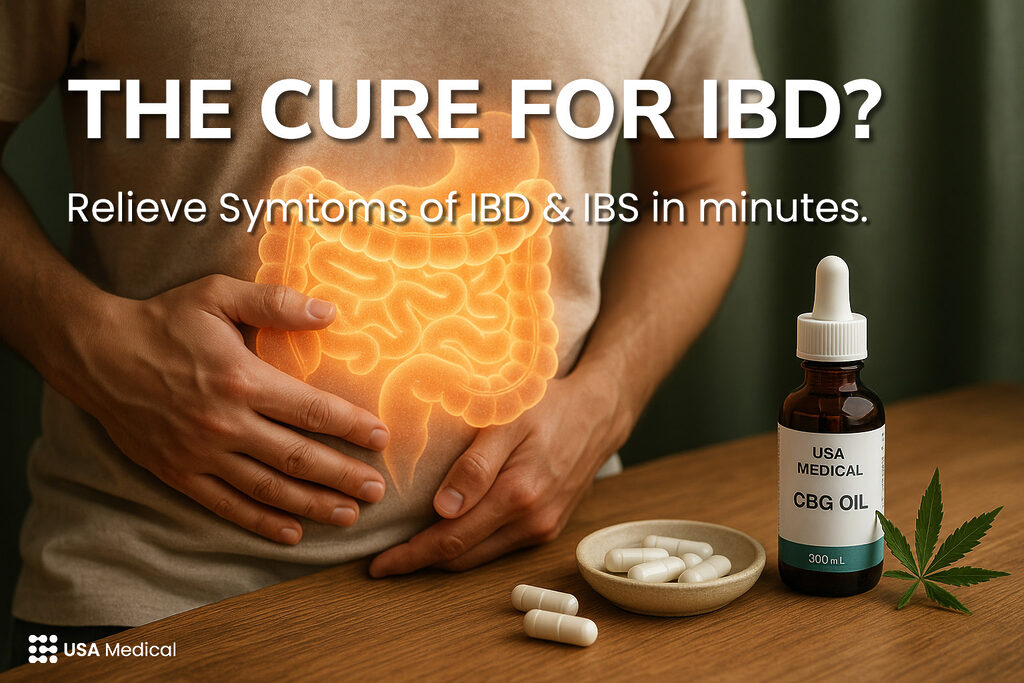
What we mean by IBD, IBS, and Crohn’s IBD is

USA Medical CBG Oil works quickly and keeps working for


In stock | Free shipping

In stock | Free shipping
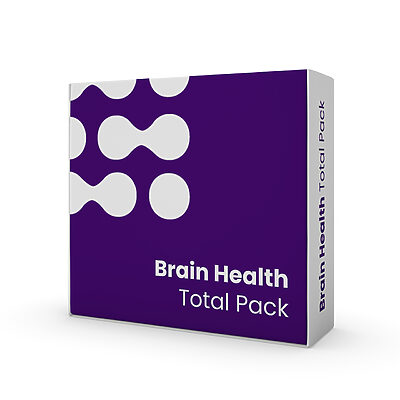
In stock | Free shipping
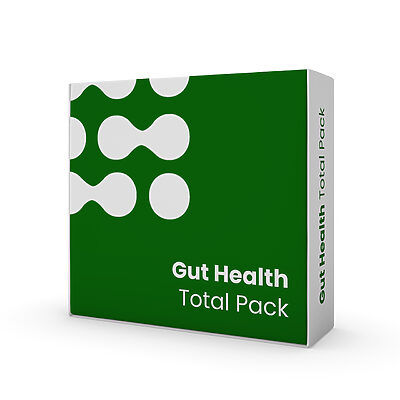
In stock | Free shipping

In stock | Free shipping
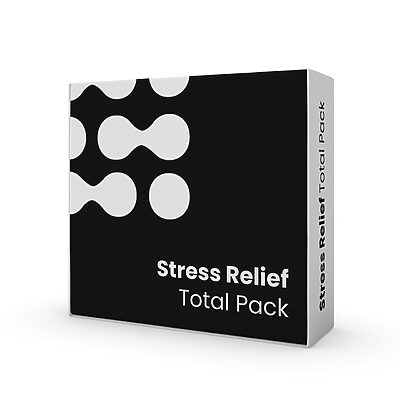
In stock | Free shipping
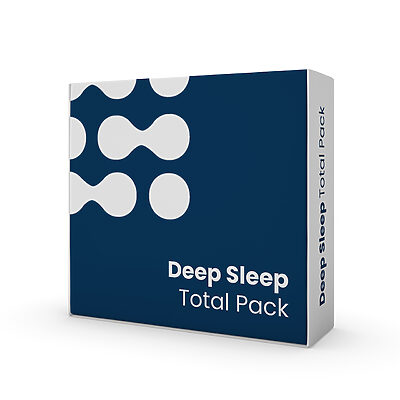
In stock | Free shipping
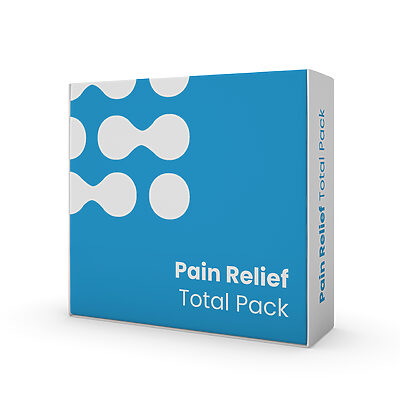
In stock | Free shipping